VeganPizza69 Ⓥ
No gods, no masters.
- 283 Posts
- 517 Comments

 5·9 days ago
5·9 days agoWhich is why, in either case, the parents should face the consequences.
Composting will do.

Pot this to the urbanism subreddits too. People don’t understand how toxic suburban sprawl is.
According to the commission, the federal government should develop a climate resilience star rating system that potential buyers could use to identify homes at risk of climate-related damage.

Herders creating deserts: a tale as old as the Holocene.

 2·10 days ago
2·10 days agoBoss level

 11·10 days ago
11·10 days agoThe parents should pay for all the delayed train tickets.

The first goal is usually to privatize it.

 17·22 days ago
17·22 days agoThe company has signaled it won’t comply, though. Tesla said in a post on X that: “Sales in California will continue uninterrupted.”
🍿

I will believe it when I see the fossil fuels go down: https://ourworldindata.org/grapher/global-energy-substitution

“Decoupling” is a weak indicator and it’s a reversible phenomenon. Don’t rely on it.

Yes and no. How popular do you think ending oil extraction is in those areas? Whatever the percent, that’s also a level of consent.

 1·1 month ago
1·1 month agoSome evil shit either way. Probably a practice of killing the adults and abducting the children to be raised in a controlled setting.
Big crunching machine.

If this is the new Olympics Games, what are the games?

Anything helps.
“Cutting methane is the single most important strategy to slow near-term warming,” says Durwood Zaelke, the president of the Institute for Governance and Sustainable Development, and a longtime advocate of action on methane. “In fact, it’s the only strategy that has a chance of working. Cutting carbon dioxide is a marathon, but methane is a sprint.”
Cutting methane emissions is much more in the realm of cutting the more optional activity, so it’s a great low hanging fruit. This also applies to the meat industry.

 2·2 months ago
2·2 months agoThe carbon footprint, like the ecological footprint, is an average proxy for wealth. Wealth is political.
How are we to win the hearts and minds of these people by saying we intend to take their solid livelihoods?
Yes, that is a good question. Here’s another:
How are we to win the hearts and minds of these people by lying about their responsibility in the predicament? “Oh, it’s not you, it’s just this small group of billionaires which you admire want to replace!”
You don’t work with the people who want in on the suicidal game. The optimists need to be brought into reality, that’s something to work on. But for the psychos, you work around them, you around against them, not with them.
It’s about the environmentalists arguments. If you don’t want to engage in those, don’t.
In general, it’s good to know your enemy.

 3·2 months ago
3·2 months agoHow could it not be political?
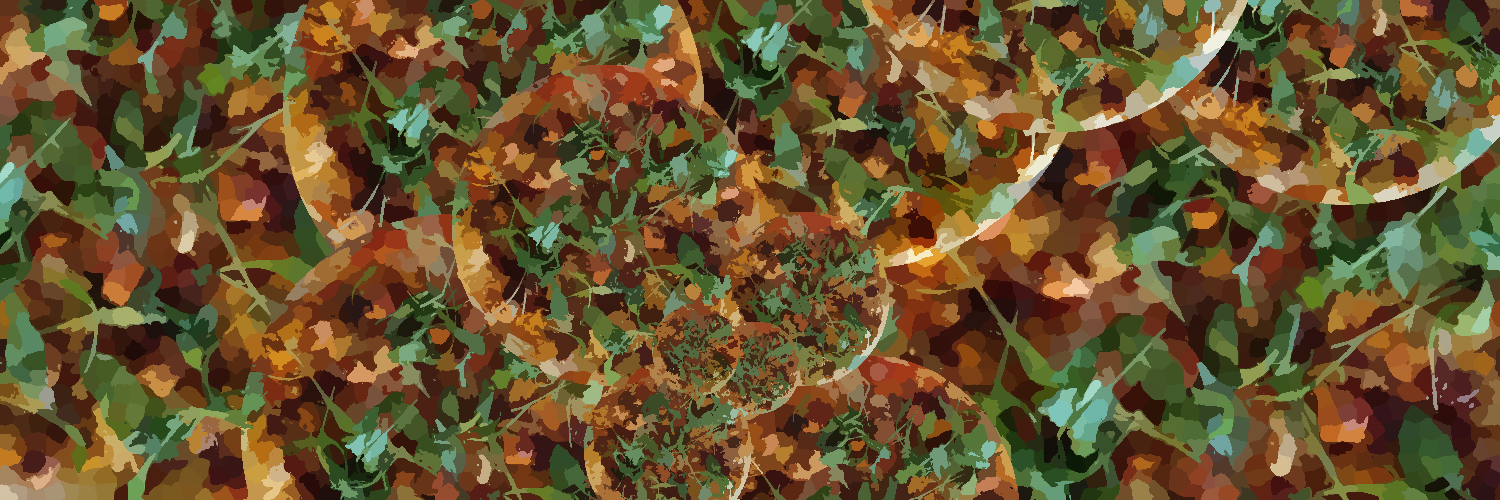
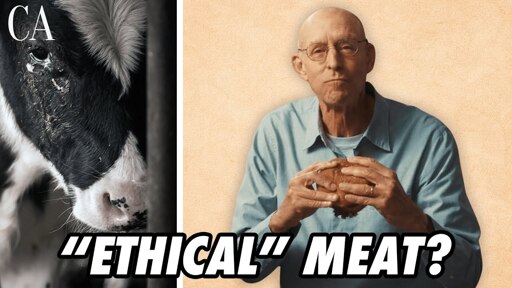





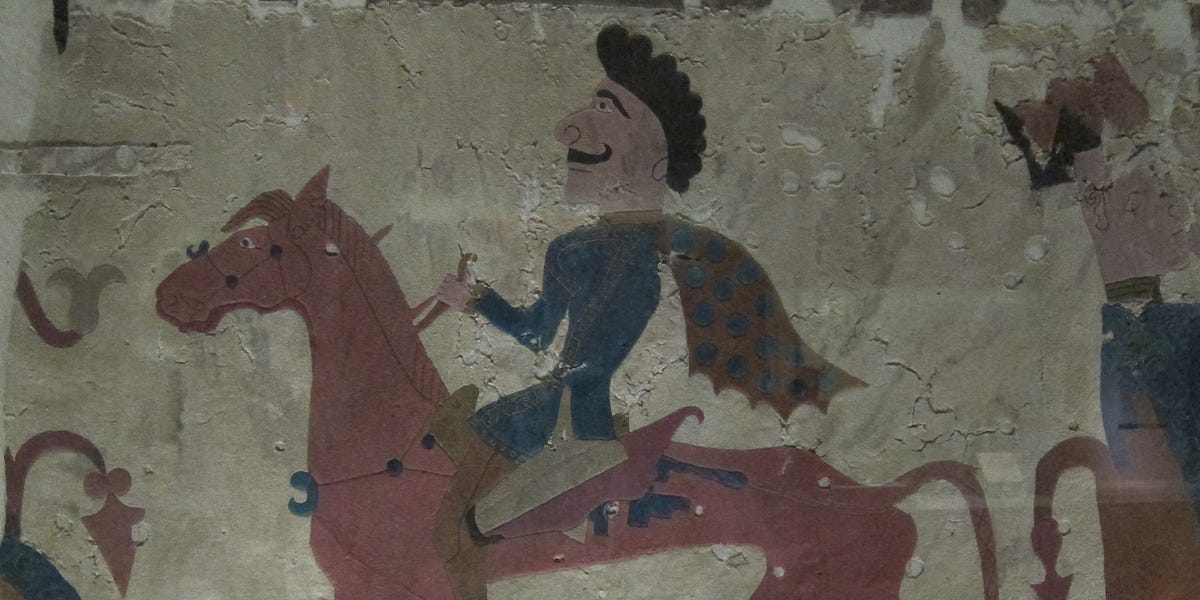





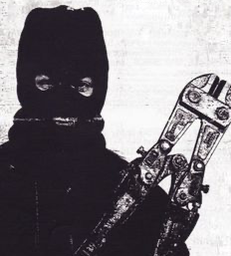
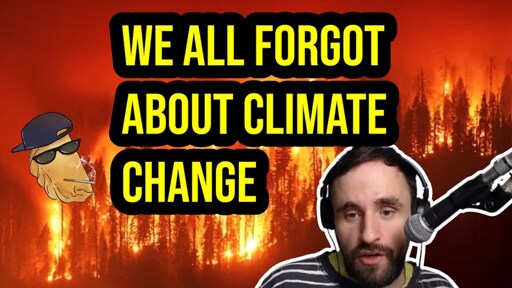




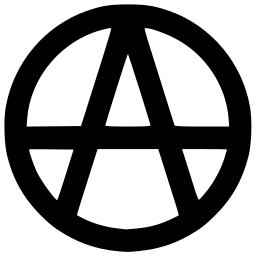


Yeah, you gotta let the small ones and the fungi deal with that. And there needs to be a lot of fibrous plant mass.